Graham Reid | | 4 min read
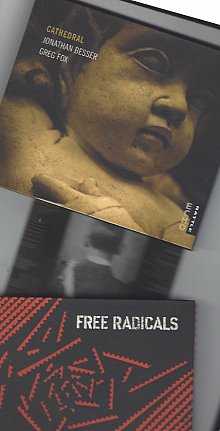
Anyone who goes back to New Zealand's more experimental and innovative music of the Eighties will be astonished by just how distinctive and different it was.
Alongside the tapestry of rock, pop, emerging reggae, soul, synth-pop and all the other mainstream genres was some avant-something music which sometimes seemed almost inexplicable and most certainly indefinable.
There was a loosely-connected, visible (and audible) movement which enjoyed the challenging cross-pollination of ideas and sounds from classical and jazz as well as all those other styles.
In Wellington a revolving door of artists parading under different names released jazz-based albums on the Braille imprint (as Six Volts, The Family Mallett, Primitive Art Group and many others).
But Auckland saw a unique and more diverse flourishing with groups such as the percussion ensemble From Scratch and -- around classically-trained choirmaster and session guitarist – Ivan Zagni from Britain, a series of shape-shifting musical collectives appearing on albums as Big Sideways, 3 Voices and Avant Garage (on the independent Unsung label).
And then there were the smaller off-shoots which found Zagni recording with Don McGlashan (the Standards album) and Low Profile (around bassist/guitarist and singer Phil Bowering and drummer Steve Garden).
However, as the title of a Frank Zappa album once had it, these projects had “No Commercial Potential.
But that wasn't the point.
This was music being made by like – and sometime quite unlike – minds for its own sake, for their own enjoyment and to explore new territory.
Much of that music was contained on albums which had a limited run and small circulation, so most of it has long been unavailable.
Thankfully now, under the stewardship of Steve Garden – who has helmed the innovative Rattle label for almost three decades – an imprint Rattle Echo has been established to re-present, and sometimes re-assess through studio tweaking, some of these largely unheard albums.
We look here at the first three on Rattle Echo.
.
Ivan Zagni and Steve Garden: Trouble Spots
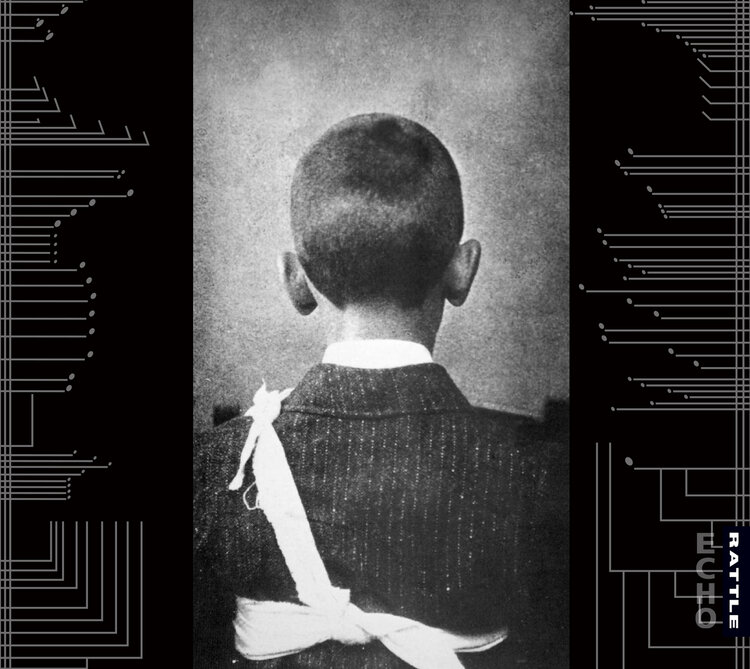 One of the most important albums to come out of this cross-pollination of performers and ideas was A Selection of Trouble Spots by Zagni and Garden, an album of guitar, percussion and vocal snatches with guests Peter Scholes (clarinet, saxes), McGlashan (bass, vocals) and flute player Amanda Hollins.
One of the most important albums to come out of this cross-pollination of performers and ideas was A Selection of Trouble Spots by Zagni and Garden, an album of guitar, percussion and vocal snatches with guests Peter Scholes (clarinet, saxes), McGlashan (bass, vocals) and flute player Amanda Hollins.
The album was a left-field challenge shot through with dry humour (the readings from an Agony Aunt column on Elbow Room, the wonderfully quirky Brian Tries), nods to minimalism, improvisation, some pieces oddly beautiful (Beirut, Through the Gate) and others deliberately not so.
Although the original album on Ode Records is almost impossible to find now, recently Garden and Zagni went back to the master tapes, remixed and revised, and added or subtracted various sections or sounds to re-present Trouble Spots afresh.
That soundtrack first heard 35 years ago now emerges in the 21stcentury as innovative as ever with Richard Nunns adding taonga puoro (the soundscape of Arkin Dahba D'Geehan), the sonic separation more enticing (the mysterious Alone, But For You) and an edit of a previously unheard piece Ekaroros.
With an improved running order, the tweaking and the subtly extended sonic palette, Trouble Spots is the ideal, sometimes whimsical start to a journey back to the Eighties but through the prism of the present.
Brian Tries by Ivan Zagni and Steve Garden (1984)
.
Ross Harris and Jonathan Besser: Free Radicals
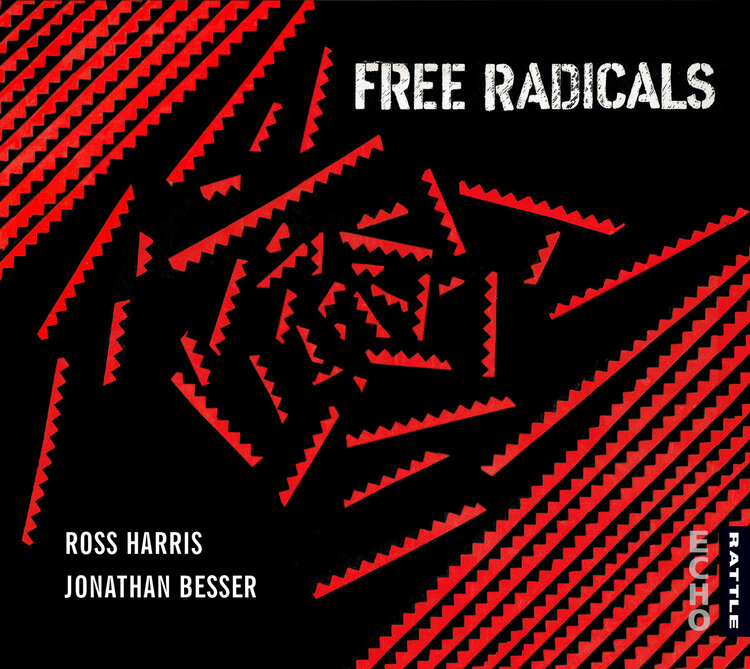 When New York pianist and composer Jonathan Besser arrived in New Zealand around the same time as Zagni, he found a new and open musical landscape and environment to explore and where he could indulge himself.
When New York pianist and composer Jonathan Besser arrived in New Zealand around the same time as Zagni, he found a new and open musical landscape and environment to explore and where he could indulge himself.
His first project was with violinist Chris Prosser as the innovative duo Besser and Prosser which allowed for everything from jazz, klezmer and left-field classical music to evocative impressionistic pieces.
However when he joined up with Wellington composer Ross Harris who was working with synthesisers in Victoria University's Electronic Music Studio even more possibilities opened up.
As Free Radicals they recorded two albums – Polarities with guest guitarist/flute player Gerry Meister and (i) on Bill Direen's South Indies label – which explored ambience, sampling, water sounds, pieces influenced by Douglas Lilburn, space-age sounds and much more.
The Free Radicals album on Rattle Echo replicates the cover of Polarities but includes material from both albums plus live performances, among them the extraordinary 10-minute improvisation Borderlines with the New Zealand String Quartet in a driving exploration of sonic boundaries (second violinist Douglas Bellman revealing his inner Jimi, more than a decade before Nigel Kennedy tried his hand on Hendrix).
Elsewhere are pieces which run perilously close to chilly, Bowie-like synth-pop landscapes (Toys for the Boys, My Lips Are Moving close early Cure, with recorder), the live Drive It with samples (people marching, a Winston McCarthy rugby commentary) embedded in strangely unnerving cosmic ambience . . . and more.
Despite some obvious influences evident even at the time (Lilburn, Byrne and Eno's Bush of Ghosts, Japanese ambient music, German electronica etc) this compilation succeeds even now through its sheer diversity and daring.
I Do
.
Jonathan Besser and Greg Fox: Cathedrals
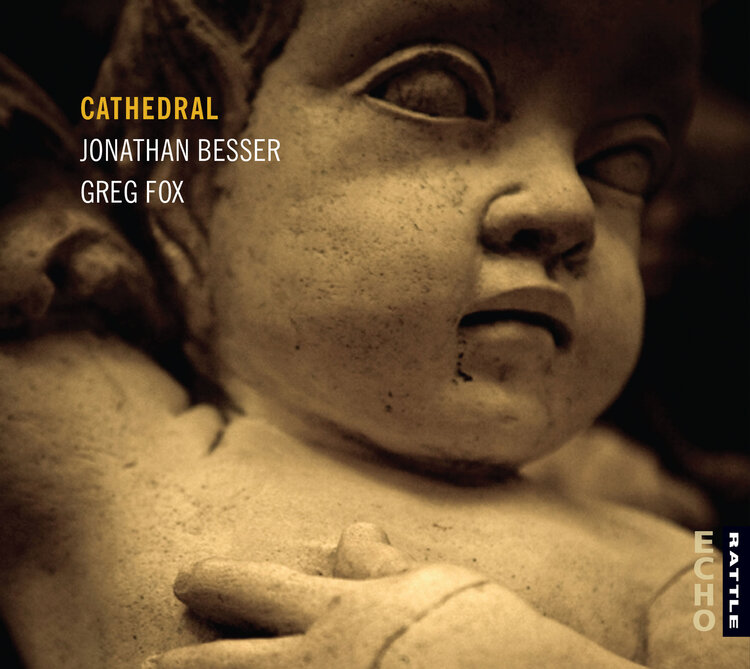 Elsewhere admits to never having heard this music previously, which is hardly surprising since in his sleeve notes (Rattle Echo releases come with descriptive detail) Besser says this live recording of guitarist Fox and him on the pipe organ in the Dunedin Town Hall (before an audience wearing eye masks) was only released on a limited edition CD in 2010.
Elsewhere admits to never having heard this music previously, which is hardly surprising since in his sleeve notes (Rattle Echo releases come with descriptive detail) Besser says this live recording of guitarist Fox and him on the pipe organ in the Dunedin Town Hall (before an audience wearing eye masks) was only released on a limited edition CD in 2010.
It always appealed to Rattle's Garden so now this often heroic performance is re-presented and it sounds as innovative, enjoyable and atmospheric – think Fripp and Eno in Cinerama, or the Cellorganics sound – as it doubtless did 36 years ago before an audience which could only hear it.
Actually, that's not a bad tip for total immersion in this one.
Lunear
.
So there are first four out of the gate on Rattle Echo, beacons shining light back to the Eighties and forward for the reissue programme.
If the past is, as L.P. Hartley wrote in The Go-Between, “a foreign country; they do things differently there” then we'd expect it to have a different soundtrack.
Some may be surprised however, on hearing these echoes from that time, just how foreign it was.
These and the scores of other albums on the Rattle label can be heard and bought through the label's website here.
.
These Further Outwhere pages are dedicated to sounds beyond songs, ideas outside the obvious, possibiltiies far from pop. Start the challenge here.

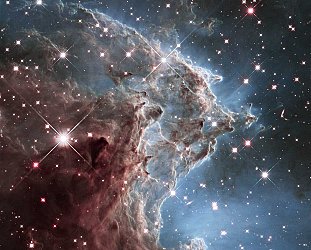
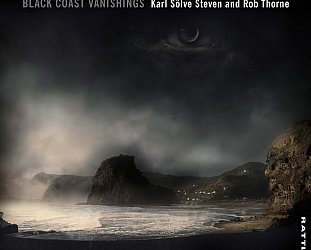
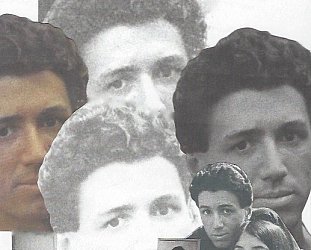
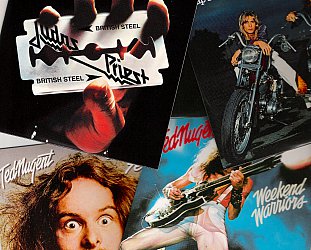
post a comment